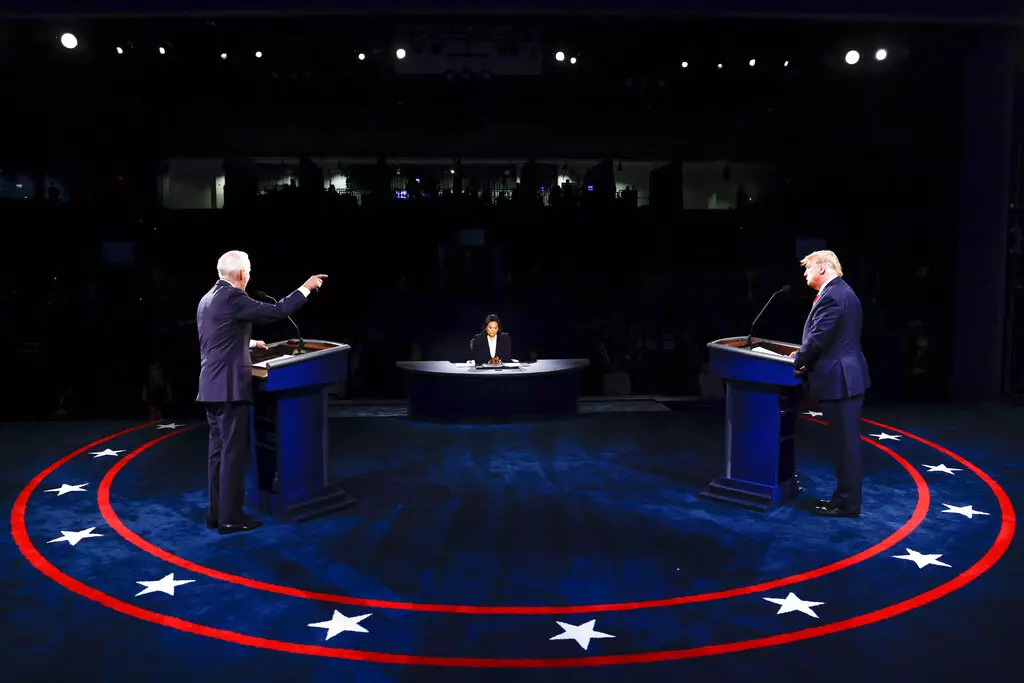The prospect of President Joe Biden and former President Donald Trump engaging in a direct debate has sparked a debate of its own within the political sphere. As news organizations such as NBC, CBS, ABC, Fox News, and CNN have come together to urge the presidential nominees to commit to participating in general election debates, the significance of such discussions has come to the forefront. The need for candidates to debate their visions for the future of the nation before the American people has been emphasized, highlighting the exceptional stakes of the upcoming election.
President Biden’s strategic approach to debates has been under scrutiny, with a focus on local, regional, and social media platforms as opposed to traditional network news. This shift is based on the changing media landscape and the need to reach voters where they are in today’s fragmented media environment. Biden’s reluctance to commit to debates early on has been attributed to his challenger’s behavior, indicating a desire for decorum in any potential debates. Despite his extensive experience as a debater, Biden’s campaign seems to be adjusting its tactics to adapt to the evolving media landscape.
On the other hand, former President Trump’s history with debates raises doubts about his willingness to participate in scheduled debates. With a track record of disregarding time limits, formats, and opponents’ speaking time, Trump’s approach to debates has been unconventional, to say the least. The uncertainty surrounding Trump’s potential participation in debates, coupled with his past actions, suggests that the 2024 election cycle may be reminiscent of Nixon’s avoidance of debates in 1972.
Looking back at past presidential elections, the significance of debates in shaping public opinion and influencing election outcomes becomes apparent. From the Kennedy-Nixon debate in 1960 to more recent matchups such as Obama-Romney in 2012, debates have played a pivotal role in showcasing candidates’ platforms and personalities. However, instances where candidates have chosen to forego debates, such as Nixon in 1968 and 1972, raise questions about the impact of such decisions on the electoral process.
The parallels between past elections and the current political landscape highlight the importance of debates in informing voters and shaping the national discourse. As the 2024 election cycle approaches, the decision of candidates to commit to debates or opt-out could have significant implications for the outcome of the election. By considering historical precedents and the evolving media environment, candidates can better understand the role of debates in engaging with voters and communicating their vision for the nation.
The debate surrounding debates in the modern political landscape underscores the complex dynamics at play in presidential elections. As the call for general election debates gains momentum, candidates must navigate the changing media landscape and public expectations to effectively communicate their platform and engage with voters. By reflecting on past elections and the lessons learned from historical debates, candidates can make informed decisions about their debate strategy and approach in the upcoming election cycle.

